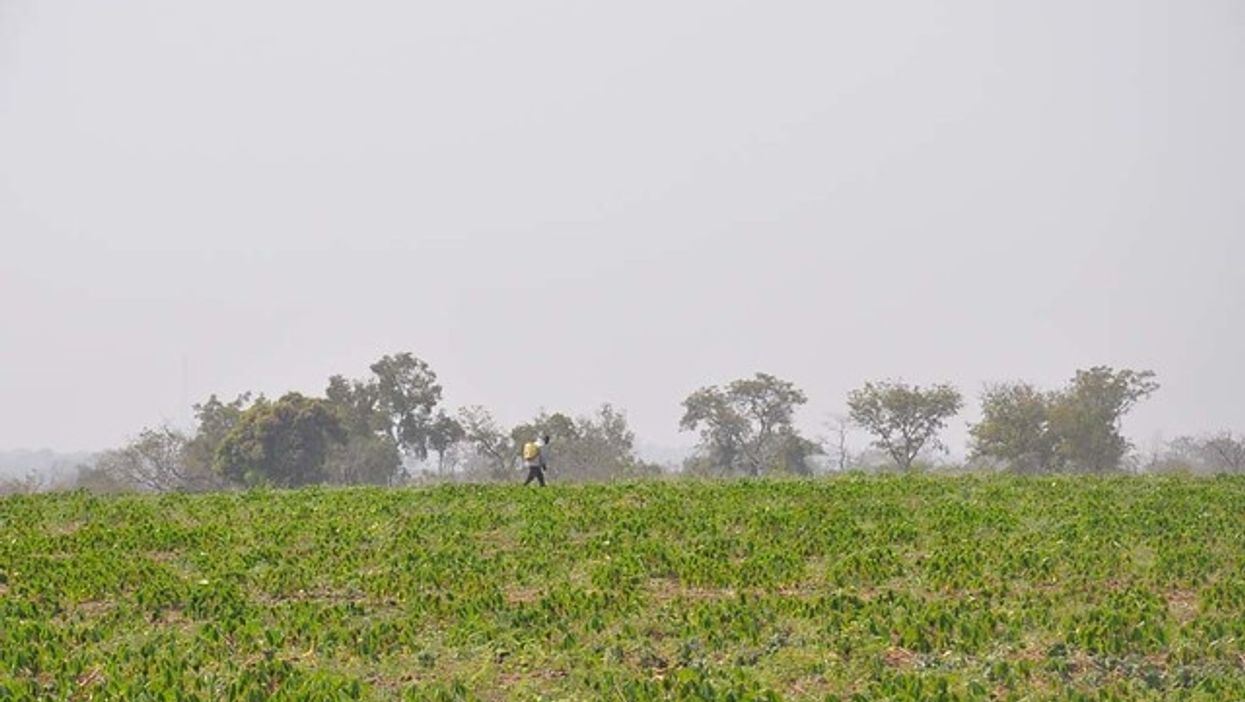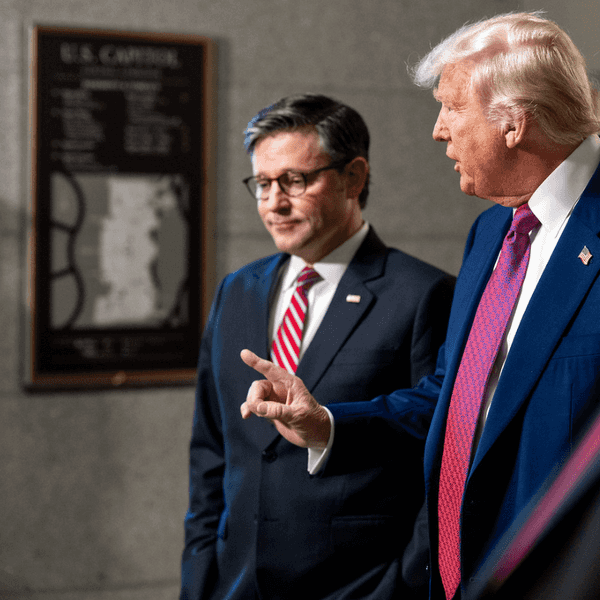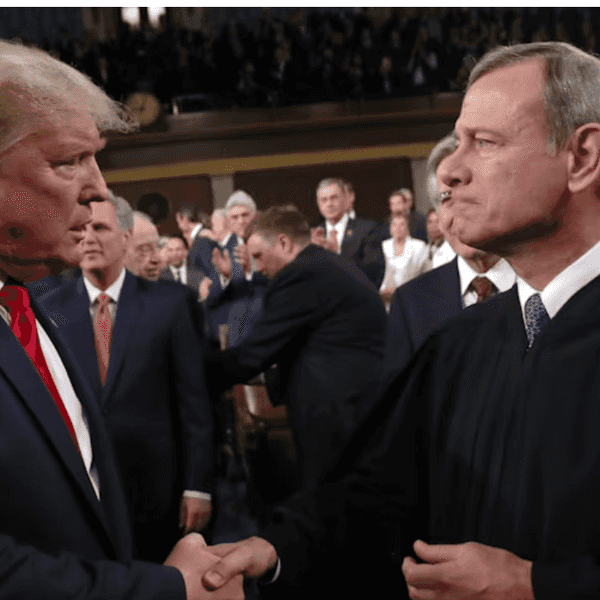
Reprinted with permission from DCReport
Bayer, the giant German chemical company, has agreed to pay up to $400 million to U.S. farmers whose crops have been damaged by the deadly herbicide dicamba.
The poison is still being used on genetically modified crops until July 31, despite a court order that threw out the Trump EPA approval.
The claims that Bayer will pay are for 2015 through this year or for lawsuits filed in federal court in the eastern district of Missouri. Bayer plans to try to get XtendiMax, its dicamba spray, approved for the 2021 growing season.
The settlement does not include a case in Missouri where a jury awarded the owner of a peach orchard $250 million in punitive damages and $15 million in compensation from Monsanto, which was bought by Bayer, and BASF, another maker of dicamba. Bayer is contesting that verdict.
The EPA 'is recklessly allowing ongoing in-season use of a pesticide it knows has already harmed millions of acres of farmland.'
The EPA "is recklessly allowing ongoing in-season use of a pesticide it knows has already harmed millions of acres of farmland," said Stephanie Parent, an attorney for the Center for Biological Diversity.
After the decision from the 9th Circuit Court of Appeals, EPA Administrator Andrew Wheeler ordered dicamba that already had been sold could be used until July 31. He called it "a mistake" to issue restrictions on existing supplies of the herbicide unless companies or people who owned mthe herbicide were notified of the restrictions and are likely to comply with them.
Dicamba tricks weeds into growing so fast they die. Dicamba can damage soybeans that aren't genetically modified to resist it at concentrations as low as one billionth of a gram per cubic meter. It also damages or kills fruit trees, grapes, beans, peas, potatoes, tobacco, flowers, and ornamental plants.
Under Obama, the EPA approved new dicamba sprays for use on genetically modified soybeans and cotton without independent testing of how prone the herbicide was to drift to damage other fields.
The Trump EPA approved those sprays for two more years in 2018 with additional restrictions, concluding that dicamba "will not cause unreasonable adverse effects on the environment." The acting chief of the EPA's herbicide branch, Reuben Baris, later went to work for Corteva, which used to be the agricultural unit of DowDuPont and also makes dicamba.
Judge William Fletcher and two other federal judges in early June threw out the 2018 approval. Fletcher wrote the EPA substantially understated the risks to plants that hadn't been modified genetically to resist harm from dicamba and entirely failed to acknowledge other risks.
Monsanto, which was bought by Bayer in 2018, received hundreds of telephone calls about drifting dicamba during the 2017 and 2018 growing seasons. Monsanto evaluated 450 of the calls and concluded its dicamba spray was never, or almost never, at fault. The company identified only eight incidents, or less than 1 percent, where volatility even possibly could have been the cause.
The EPA said the "agency does not know the extent of the damage to sensitive crops."
The EPA increased restrictions on spraying in the 2018 decision to try to limit the damage. The 40 pages of restrictions prohibited spraying if the wind was less than 3 mph or more than 10 mph and permitted application only between one hour after sunrise and two hours before sunset.
The two other manufacturers of dicamba, DuPont and BASF, have intervened in the case.








